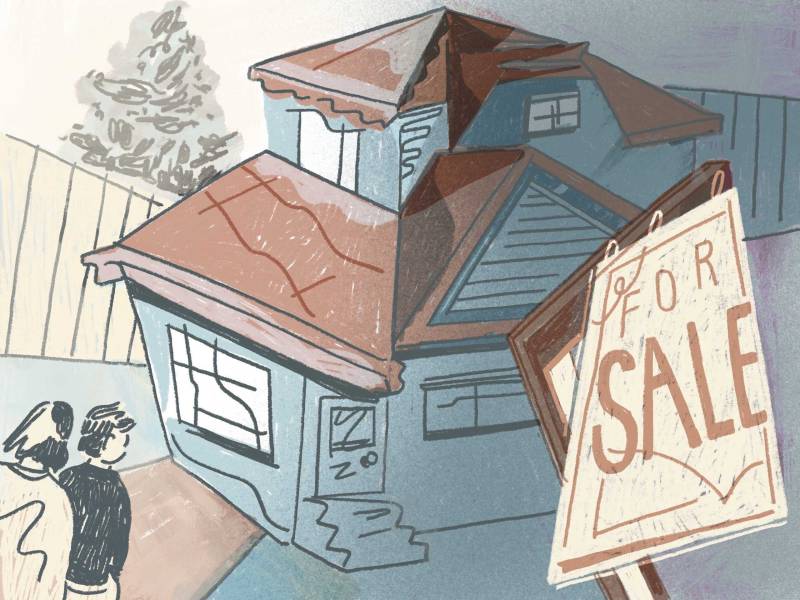Some people called this the “Lebowski loophole” because the law allowed people like actor Jeff Bridges and his siblings to pay $5,700 in annual property taxes on the Malibu beach house his parents bought in the 1950s while renting it out for $15,995 a month.
But now, if you plan to rent out the property you inherit, the property’s value will be reassessed and could result in a steep increase in property taxes.
Gamez said Proposition 19 also aimed to fix some of the “market anomalies” created by decades of unusually low tax rates.
“There were people in San Francisco who had real estate that was vacant, and it only cost them $600 a year in property taxes,” she said. “They chose not to sell it because it was an appreciating asset with very low overhead.”
With Proposition 19, she said, “It’s going to cost them tens of thousands of dollars to just hold it.”
Why was Proposition 19 passed in the first place?
Proposition 19, officially called the Home Protection for Seniors, Severely Disabled, Families and Victims of Wildfire or Natural Disasters Act, aimed to help people 55 years and older downsize from larger, single-family homes into smaller houses.
The California Association of Realtors lobbied in favor of the proposition and promised it would “open up tens of thousands of housing opportunities,” making the homes “more readily available for first-time homeowners, families and Californians throughout the state.”
Thanks to Proposition 19, people looking to downsize into a smaller home or condo can keep their low tax rate if they purchase a home of equal or lesser value.
Of the money generated through the increased property taxes this new law is expected to generate, 80% funds fire suppression efforts for local special districts and the rest goes to the State Department of Forestry and Fire Protection.
Is there a chance Proposition 19 will be overturned?
Some property owners across the state want to repeal Proposition 19 and bring the issue in front of voters, but the movement is still small.

